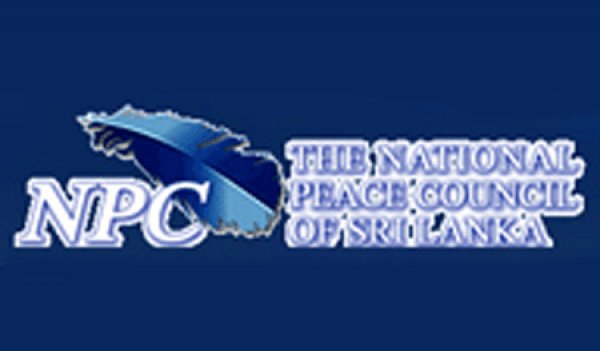It owes much to the statesmanship of President Maithripala Sirisena and the vision of Prime Minister Ranil Wickremesinghe, says the NPC in a statement.
The statement says,
The 19th Amendment was passed by an overwhelming majority of 212 votes to 1 in Parliament. It is intended to make the presidency accountable to the judiciary and to parliament and also the secure the integrity of those state institutions whose independence from partisan politics needs to be strengthened. These include the judiciary, police and public service.
The 19th Amendment establishes a Constitutional Council of 10 members, of whom three each will be appointed by the Prime Minister and Leader of the Opposition. One will be appointed by the President. The Prime Minister, Leader of the Opposition and Speaker will be ex officio members. The Constitutional Council will be empowered to make the selections of those persons who will constitute the appointing authorities of the various state institutions.
Following the presidential elections, the President and government leaders have publicly affirmed the multi-ethnic and multi-religious nature of the Sri Lankan polity. This suggests that those appointed to the Constitutional Council should represent the multi-ethnic and multi-religious nature of the polity. The National Peace Council calls on the Prime Minister and Leader of the Opposition to both ensure that at least one of the three members they are each entitled to appoint to the Constitutional Council should be from an ethnic or religious minority.
In addition, the low representation of women in the public life of the country needs to be rectified. Although women account for about 52 percent of the population, their numbers in Parliament are less than 6 percent. This is the lowest in South Asia and is in contrast to advanced democracies in the world, where the proportion nears 50 percent. The National Peace Council supports the call of other civic and women’s organisations for a minimum quota of at least 30 percent of women’s representation at all levels of public life, including the Constitutional Council.
In a study commissioned in 2005 by the National Peace Council on ‘The representation of Women in Politics in Sri Lanka’ we highlighted issues which are still relevant ten years later. “The abysmal levels of women’s representation in political institutions in Sri Lanka as well as obstacles faced by women in doing politics have been made the subject of a number of research studies in the past. Among the factors that women themselves identify as being major obstacles to increasing women’s representation in politics are the gendered attitudes of political party hierarchies towards women, women’s capacity to engage in representative politics, undemocratic and authoritarian party structures and the electoral system in Sri Lanka.”
At this time when the political parties are debating on electoral reform, and trying to reach agreement on a proposed 20thAmendment that is acceptable to the small and ethnic minority parties to ensure their fair representation in Parliament, the National Peace Council endorses having a minimum quota for women in all elected assemblies, including Parliament, which aims at not less than 30 percent. Without such quotas women do not get fair representation. We therefore call on all political parties which are grappling with the issues of political representation and electoral reform in the proposed 20th Amendment to the Constitution to ensure a minimum quota of 30 percent in the list of candidates of political parties.






